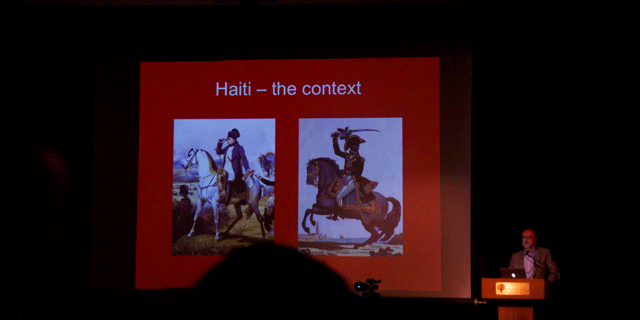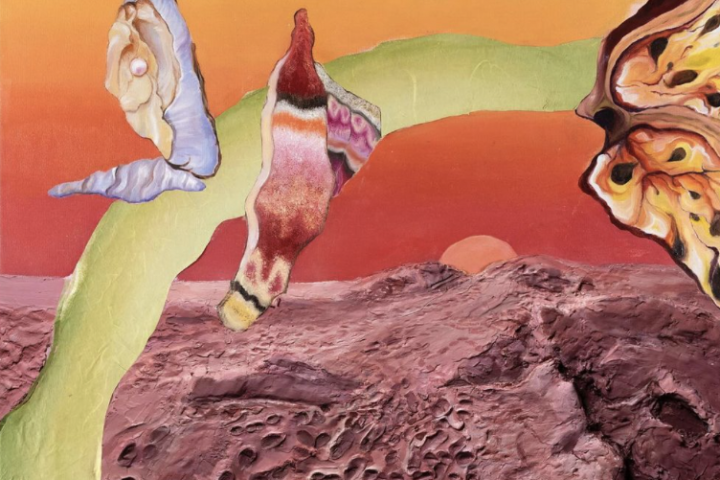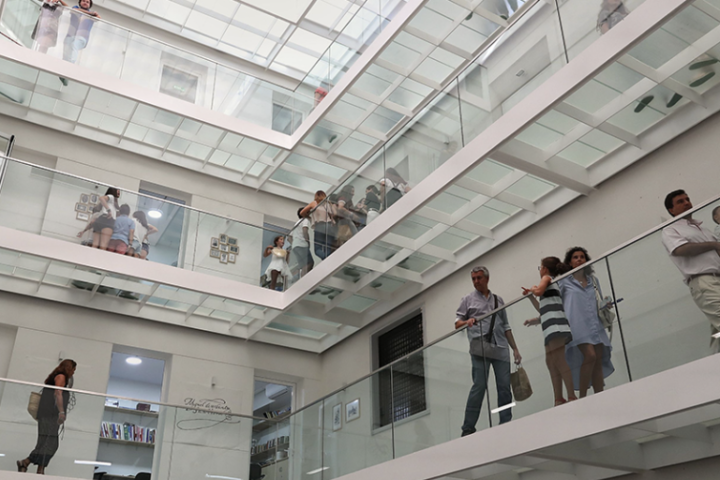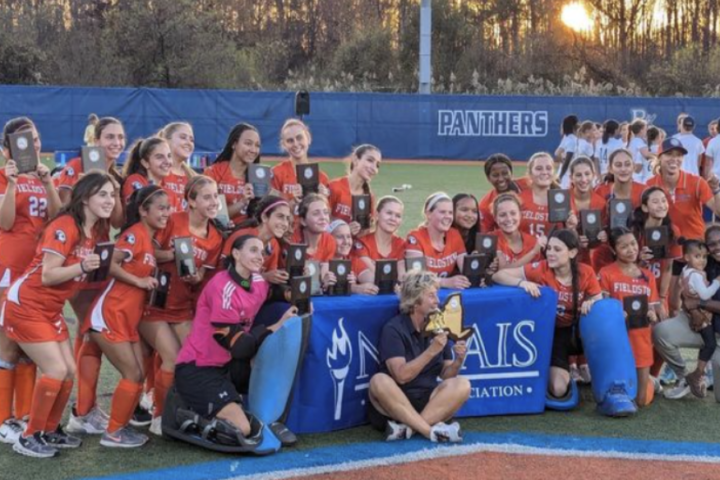http://www.youtube.com/watch?v=IjWNN4aohe0
On November 21, the Students for Haitian Aid club put on an assembly that challenged the student body to think about the issues facing Haiti. As students and faculty filed into the auditorium, they were greeted by a shiny red and white newsletter on each seat from the Andrew a Foundation. Gillian Nissenbaum (V) introduced co-founder of the Andrew Grene Foundation and Fieldston English teacher Gregory Grene, who introduced the first speaker, Hugh Locke, a man who has worked for the United Nations and on many different projects in Haiti. Mr. Locke’s presentation gave an overview of the history of Haiti, focusing on Haiti’s dramatic shift from being the richest country in the world to one of the poorest.
The presentation started at the very beginning when Christopher Columbus founded Hispaniola (modern day Haiti) in 1492, and took us through hundreds of years in Haiti from its periods of great wealth – “Haiti generated more money per square mile than any other place on Earth,” Locke explained – and catastrophic poverty.
Mr. Locke highlighted Haiti’s independence as a slave-state in 1804, a result of the slave revolution of 1791, and France’s part in making sure that Haiti was boycotted and deeply in debt. He also spoke about the dictatorship Haiti has suffered under, as well as its extreme deforestation in the twentieth century.
After Mr. Locke’s presentation, Mr. Grene told the story behind the Andrew Grene Foundation. His brother, who worked for the UN in Haiti, was killed on January 12, 2010, when a massive earthquake struck and killed over 200,000 people. The Grene family decided that the best way to channel their grief was to start the Andrew Grene Foundation to directly aid Haitians. They asked for donations instead of gifts, and with the assistance of some Irish companies, the Andrew Grene High School was built in 6 months in the poorest city in the Western Hemisphere. At its core, the Andrew Grene foundation is a grassroots charity; in an interview, Mr. Grene, explained the small size of the organization by saying “There are two of us that direct the foundation, one in America and one in England, so it’s very hands-on in terms of keeping track of everything that’s going on and being involved in everything from fundraising to making sure the money gets to the right people.”
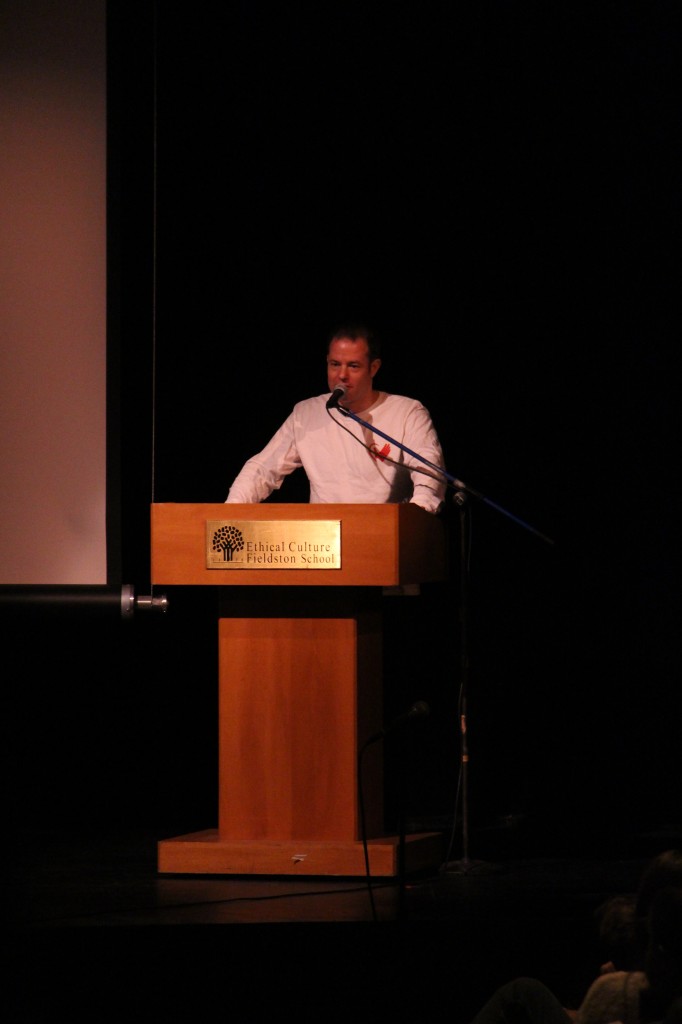
The Students for Haitian Aid club is hoping to develop a partnership with the Andrew Grene High School, the way Mr. Grene himself brought classmates from Columbia University down to teach for a few weeks last year. When asked to compare Fieldston students with those in Haiti, Mr. Grene concluded that “The pressures [there] are all of the pressures that students have here plus the additional pressures of unstable family structures and if a family member will be there to support them.” Along with worrying about grades and colleges, like Fieldston students, students in Haiti have “all of the odds against them, [and] they really are dealing with large questions, like the uncertainty of not knowing where their next meal will come from.” Working with the students at the Andrew Grene High School was very inspiring for Mr. Grene. “There is also a sense of joy and exuberance, I mean, it’s the thing that makes people want to teach, in Haiti and in America.”
The Students for Haitian Aid club will continue to fundraise for organizations that help and empower youth and children in Haiti. In the past the SFHA club has held ‘Waffle-fest’s’ in the student commons to raise money and collect gifts for Capracare. This year they have decided to raise money to help students from the Andrew Grene High School go to college; the tuition is $1000 per year. The club leader Sophia Blankenhorn (V) announced that at the most recent Waffle Fest they raised $800 and they will continue to hold Waffle Fests throughout the year.
The Andrew Grene foundation announced, “[we want] any ideas of how we can tap into resources–that includes funding sources and idea sources. The combined strength that comes from ideas and you know for me I feel so passionately about looking down the pipeline so that I can know where the school’s next meal will come from.”

